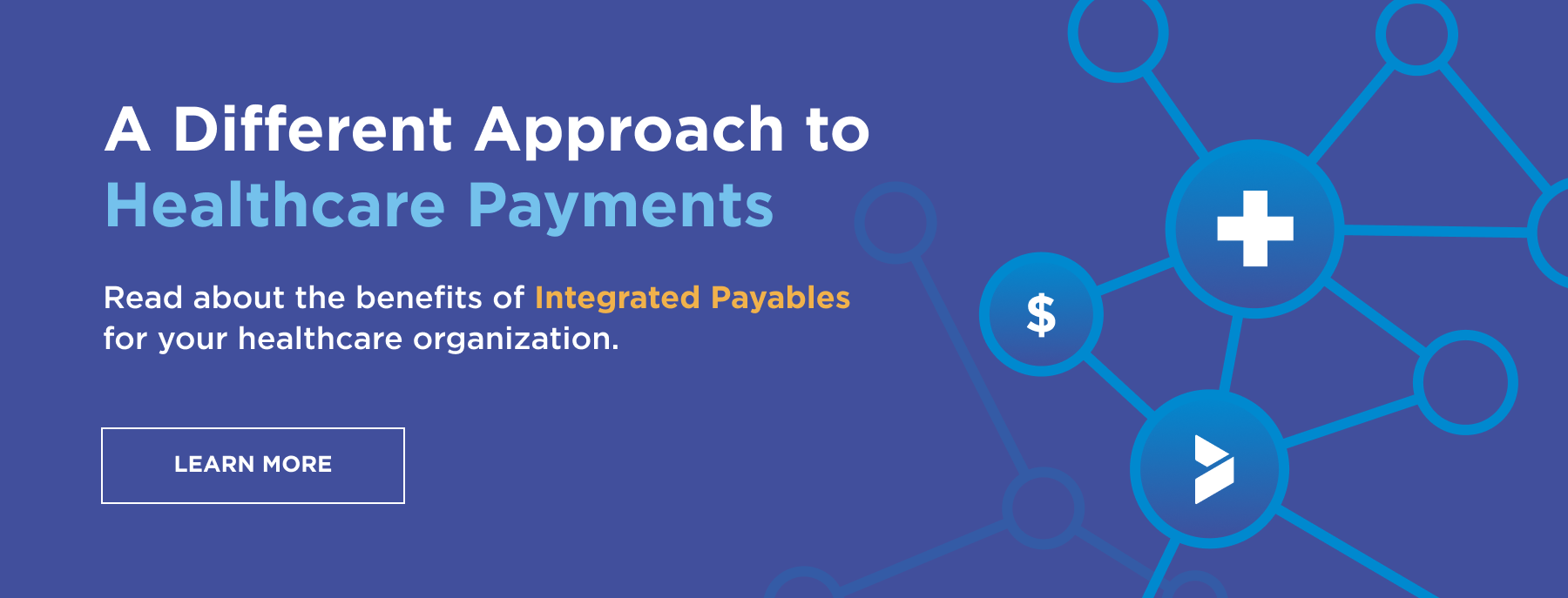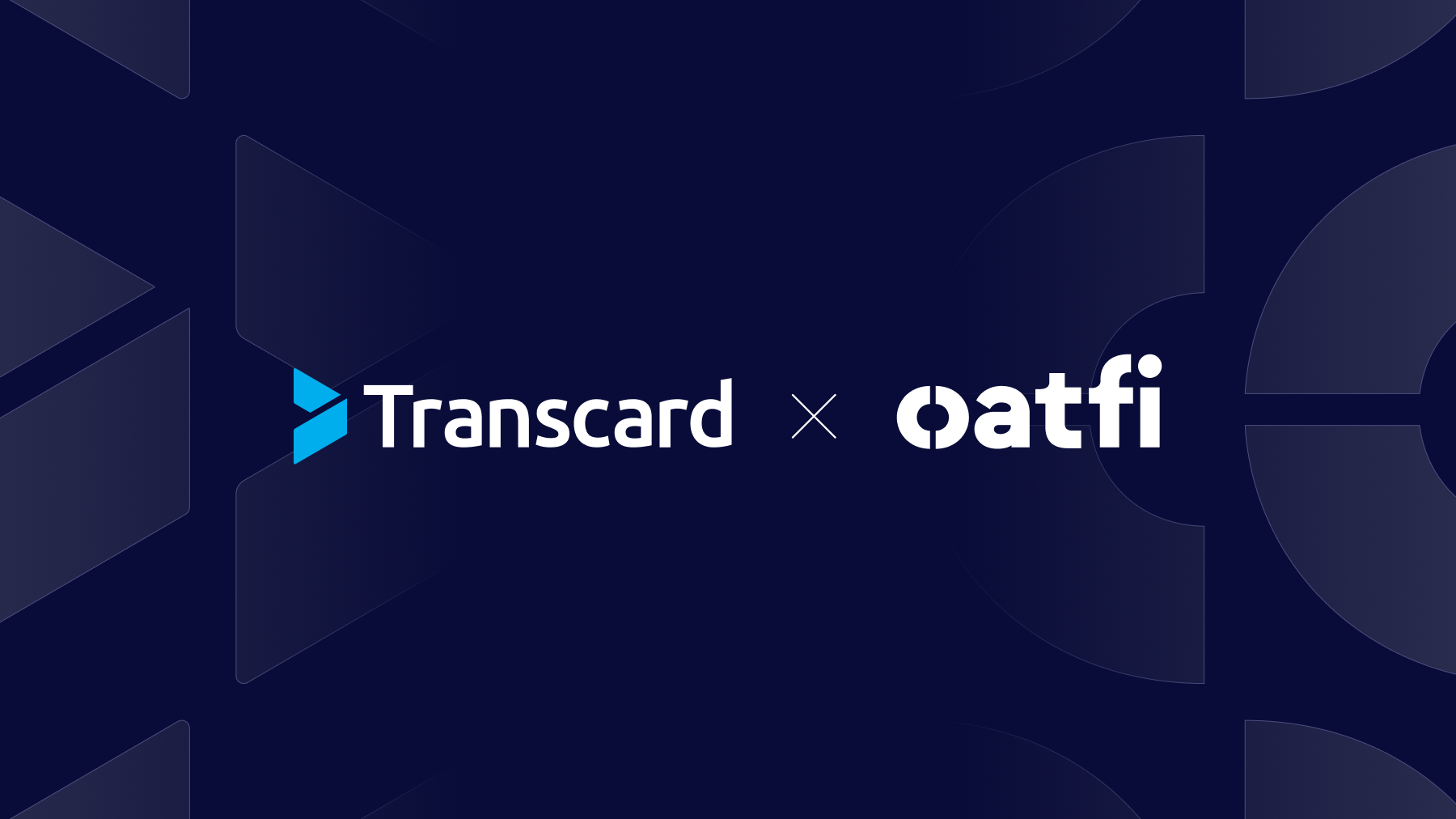Healthcare is a layered industry with many different actors – the providers, insurers, patients, pharmaceutical and medical equipment manufacturers, and many others.
With healthcare being a highly specialized industry, when it comes to payments, the overlap between these two extremely regulated spaces may become complex.
Transcard CEO Greg Bloh discusses in a conversation with Karen Webster and Mastercard EVP of Digital Payments and Labs Jess Turner, how healthcare organizations stand to benefit from the recent payments technology innovation.
On the business-to-business (B2B) side of things, payments have improved quite a bit in terms of digitization. Large providers, drug manufacturers and insurance firms have big innovations that are moving them away from checks.
That’s not such good news on the business-to-consumer (B2C) or business-to-small-and-medium-sized-business (B2SMB) front, where checks still, more or less, dominate the landscape. The payment flows are often a bit indirect, Bloh notes, such that the disburser is one or two entities removed from the end consumer — making the secure routing of a payment from its source to its proper destination both challenging and slow.
“The way the whole industry has evolved, it is very layered. Having the ability to facilitate getting those payments to the receiver, and doing it in an expedient fashion, is a huge issue in the marketplace,” he said.
It’s an issue that Transcard is committed to remediating, in partnership with Mastercard Send. Instead of forcing customers to take checks as their only option (with all the unpleasant waiting that comes with that form of disbursement), firms that work with Transcard will be able to offer their customers instant digital payments — delivered to their debit cards via the Mastercard Send rails.
KEY POINTS
The Transition to Integrated Digital Payments
Transcard is committed to help healthcare organizations start their transition to digital payments, in partnership with Mastercard Send.
“Healthcare alone has so many intricate needs that I had no idea about until we dug in,” Turner said of the partnership, highlighting that the technology was built for use cases like these.
With integrated payment solutions, Transcard eliminates the complexity out of the process for any of the payments in healthcare, like claims payouts, rebates and incentive programs.
Greg Bloh details: “This is where the networks have a big advantage, because of the verification system[s] they have built in. To be able to not just move money, but also validate it in between is a massive offering.”
Improving Patient and Consumer Experience
Instead of an entire disbursement process with verifications, with an omni-channel payment solution organizations can easily verify consumers via their debit card numbers — and send funds immediately.
The consumer or patient isn’t required to go through a complicated validation process. For example, by using debit cards – it’s a good consumer experience, an experience the patient is familiar with and trusts. They simply use their card, enter their information and the funds are processed directly to the account associated with it.




